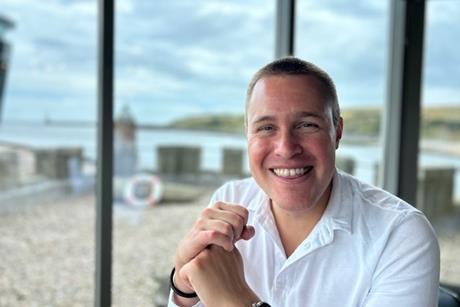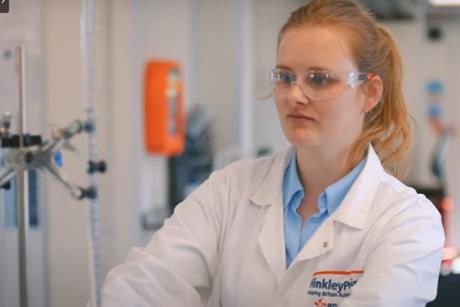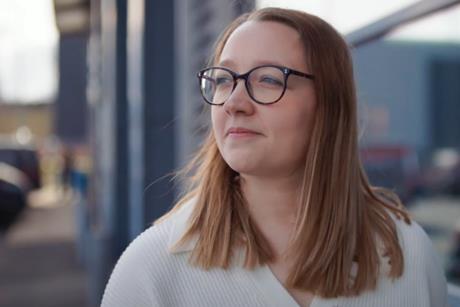Teacher training routes in the UK
There are many ways to become a qualified chemistry teacher
There are many different ways of getting into teaching and these routes are dependent on where you live.
You can train as an undergraduate or postgraduate, full time or part-time, and you can choose a university-led or school-led course. When you complete that course, you will be awarded Qualified Teacher Status (QTS) which allows you to teach in all state-maintained schools.
We recommend that you gain an undergraduate degree in chemistry and then complete a postgraduate qualification which allows you to teach. As there are so many postgradute options, you should find the course that works best for you.
Royal Society of Chemistry teacher training scholarship
Did you know – the Royal Society of Chemistry, in partnership with the Department for Education, offers prestigious scholarships to support talented individuals entering secondary chemistry teacher training in England? Find out more about our scheme and how to apply.
Postgraduate courses
- Complete a one-year qualification, such as a PGCE (postgraduate certificate of education) or PGDE (postgraduate diploma of education, Scotland only). In Scotland, Northern Ireland and Republic of Ireland you must complete a postgraduate course in order to become a teacher.
- School-led schemes where you’ll be based in a school and gain your qualification and experience whilst working.
Applying for teacher training
In England, Scotland and Wales you can search and apply for teacher training courses through UCAS. There are some teacher training routes which you can’t apply for through UCAS so check your individual options.
In Northern Ireland, apply directly to the institution where you want to do your teacher training so contact them directly.
In the Republic of Ireland, you can apply through the postgraduate applications centre (PAC) for some courses, while for others you will need to apply directly to the institution.
Find out more about teacher training and the financial support available near you
| Nation | Teacher training information |
|---|---|
|
England |
|
|
Scotland |
|
|
Wales |
|
|
Northern Ireland |
|
|
Republic of Ireland |
LATEST JOB PROFILES
Tender and contract manager
Adam uses his chemistry knowledge to help win business for his company.
Peptide chemistry apprentice
Christina uses chemistry to make medicines work better and help more people.
Chemistry engineer, nuclear
Beth monitors the water quality at the construction site of a new nuclear power plant
Research scientist, microplastics
Sophie is stopping microplastics going into the environment when you wash your clothes











